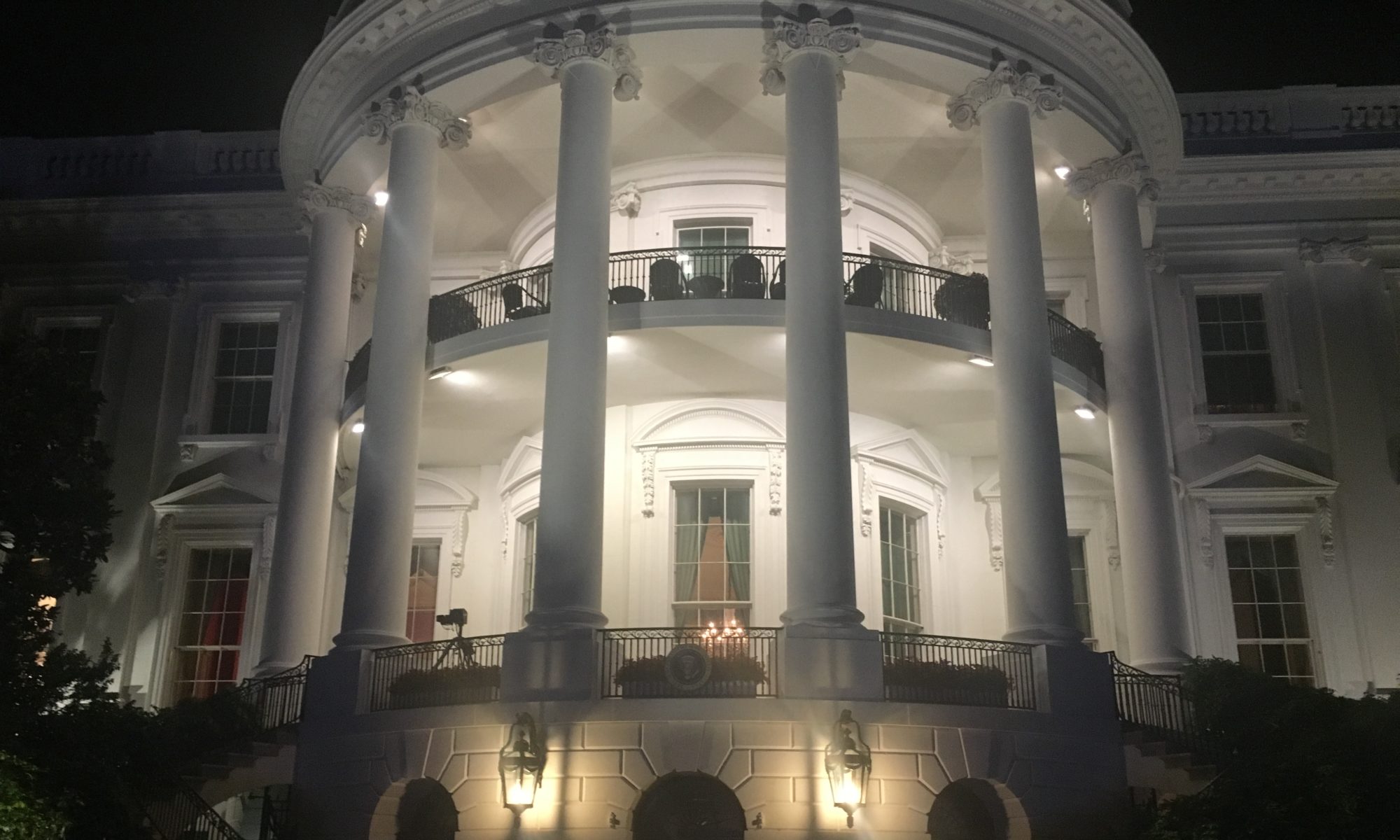July 3, 2019
Kamala Harris’s vivisection of Joe Biden over his fond memories of collaborating with segregationists and his staunch opposition to busing has revived the debate over the long abandoned practice. For years, it has been conventional wisdom that busing “didn’t work,” and was opposed by Black and white parents in equal measure. Revisionist history is responsible for sanitizing opposition to busing as something other than what it was— virulent white opposition to white children attending school with Black and Brown children. As someone who was bused into a predominantly white elementary school in Flatbush, Brooklyn and greeted by jeering white parents calling us “n—ger,” I feel it’s long past time to correct the record.
As historian Matthew Delmont painstakingly explains in The Atlantic, busing had “long been a feature of public education and …made the modern public school system possible,”. It was the destination [integrated schools] that white parents objected to, not the journey, (Source: “There’s A Generational Shift in the Debate Over Busing,” by Matthew Delmont, The Atlantic, 7/1/19).
Joe Biden didn’t oppose busing out of any deep seated antipathy to Black people, but that does not make his opposition any less consequential. Although Biden started his career in favor of busing, when confronted by his constituents’ vehement opposition, he did the politically expedient thing. Not content to simply abandon his earlier position, Biden became a full throated champion of the anti-busing crowd. In 1974 he proposed legislation to prohibit the assignment of teachers or students to a particular school based on race. In 1976, Biden introduced legislation that would have blocked the Justice Department’s use of busing to achieve integration and in 1982 voted for what was called the “toughest anti-busing rider ever approved by either chamber of Congress,” (Source: “Joe Biden’s record on school desegregation busing, explained,” by P.R. Lockhart, Vox.com, 6/28/19).
As Biden’s record shows, the South hardly had a monopoly on virulent (and sometimes violent) opposition to integration. Few people remember that New York City was the epicenter of antibusing politics a full decade before Boston. In 1964, Black civil rights leaders like Ella Baker and Reverend Milton Galamison staged a one day walkout of more than 460,000 students and teachers to protest the lack of a comprehensive desegregation plan. One month later, more than 10,000 white parents, marching under the moniker, Parents and Taxpayers (as if the Black people pressing for integration were neither), marched across the Brooklyn Bridge to protest the proposed use of busing to achieve integration, (Source: “The Origins of Antibusing Politics in 1950s New York,” by Matthew Delmont, WhyBusingFailed.com). In 2019, New York City has one of the most segregated school districts in the country.
The dirty little secret about busing is that it worked. Studies showed that attending integrated schools boosted the graduation rates of Black students by nearly 15% and “reduced the likelihood of living in poverty by 11%,” gains which extended to the next generation. Importantly, these gains did not come at the expense of white students, who were found to benefit by becoming less racially prejudiced and more likely to have interracial friendships, (Source: “Did busing for school desegregation succeed? Here’s what the research says,” by Matt Barnum, Chalkbeat.org, 7/1/19, (h/t Bert Ware)).
As we evaluate candidates to defeat Trump, it is well worth asking whether, when faced with zealous opposition to equality for all, they will fold like a cheap card table. Will they privilege white comfort over justice for Black and Brown children? It is a question well worth asking. With Joe Biden, I’m afraid we already have the answer.
